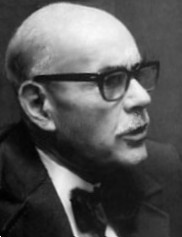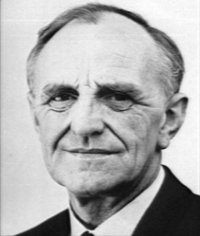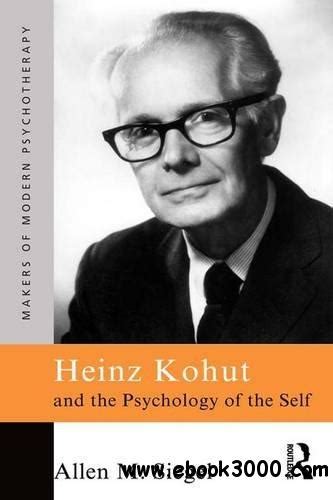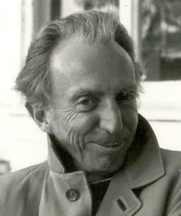Top 79 Quotes & Sayings by Famous Psychoanalysts - Page 2
Explore popular quotes by famous psychoanalysts.
If mothers are told to do this or that or the other,... they lose touch with their own ability to act.... Only too easily they feel incompetent. If they must look up everything in a book, they are always too late even when they do the right things, because the right things have to be done immediately. It is only possible to act at exactly the right point when the action is intuitive or by instinct, as we say. The mind can be brought to bear on the problem afterwards.
The mother gazes at the baby in her arms, and the baby gazes at his mother's face and finds himself therein... provided that the mother is really looking at the unique, small, helpless being and not projecting her own expectations, fears, and plans for the child. In that case, the child would find not himself in his mother's face, but rather the mother's own projections. This child would remain without a mirror, and for the rest of his life would be seeking this mirror in vain.
What is a normal child like? Does he just eat and grow and smile sweetly? No, that is not what he is like. The normal child, if he has confidence in mother and father, pulls out all the stops. In the course of time, he tries out his power to disrupt, to destroy, to frighten, to wear down, to waste, to wangle, and to appropriate . . . At the start he absolutely needs to live in a circle of love and strength (with consequent tolerance) if he is not to be too fearful of his own thoughts and of his imaginings to make progress in his emotional development.
If there is one lesson that I have learned during my life as an analyst, it is the lesson that what my patients tell me is likely to be true - that many times when I believed that I was right and my patients were wrong, it turned out, though often only after a prolonged search, that my rightness was superficial whereas their rightness was profound.
Indeed, my conclusion from a lifetime of psychohistorical study of childhood and society is that the history of humanity is founded upon the abuse of children. Just as family therapists today find that child abuse often functions to hold families together as a way of solving their emotional problems, so, too, the routine assault of children has been society's most effective way of maintaining its collective emotional homeostasis.




